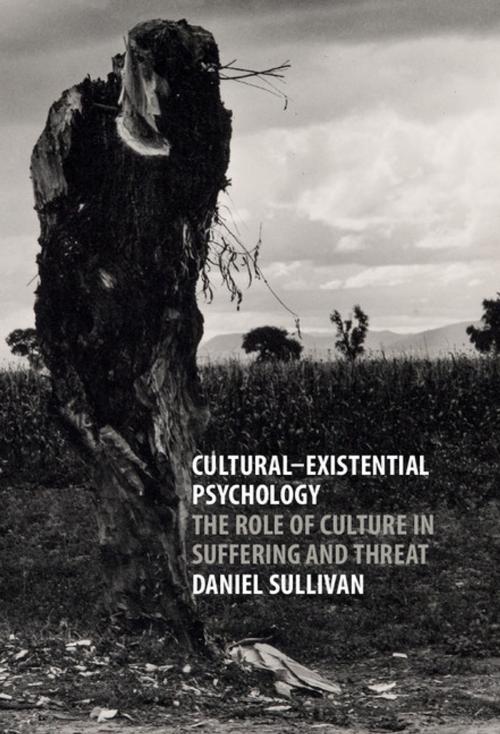Cultural-Existential Psychology
The Role of Culture in Suffering and Threat
Nonfiction, Health & Well Being, Psychology, Social Psychology, Social & Cultural Studies, Social Science| Author: | Daniel Sullivan | ISBN: | 9781316564172 |
| Publisher: | Cambridge University Press | Publication: | April 7, 2016 |
| Imprint: | Cambridge University Press | Language: | English |
| Author: | Daniel Sullivan |
| ISBN: | 9781316564172 |
| Publisher: | Cambridge University Press |
| Publication: | April 7, 2016 |
| Imprint: | Cambridge University Press |
| Language: | English |
Cultural psychology and experimental existential psychology are two of the fastest-growing movements in social psychology. In this book, Daniel Sullivan combines both perspectives to present a groundbreaking analysis of culture's role in shaping the psychology of threat experience. The first part of the book presents a new theoretical framework guided by three central principles: that humans are in a unique existential situation because we possess symbolic consciousness and culture; that culture provides psychological protection against threatening experiences, but also helps to create them; and that interdisciplinary methods are vital to understanding the link between culture and threat. In the second part of the book, Sullivan presents a novel program of research guided by these principles. Focusing on a case study of a traditionalist group of Mennonites in the midwestern United States, Sullivan examines the relationship between religion, community, guilt, anxiety, and the experience of natural disaster.
Cultural psychology and experimental existential psychology are two of the fastest-growing movements in social psychology. In this book, Daniel Sullivan combines both perspectives to present a groundbreaking analysis of culture's role in shaping the psychology of threat experience. The first part of the book presents a new theoretical framework guided by three central principles: that humans are in a unique existential situation because we possess symbolic consciousness and culture; that culture provides psychological protection against threatening experiences, but also helps to create them; and that interdisciplinary methods are vital to understanding the link between culture and threat. In the second part of the book, Sullivan presents a novel program of research guided by these principles. Focusing on a case study of a traditionalist group of Mennonites in the midwestern United States, Sullivan examines the relationship between religion, community, guilt, anxiety, and the experience of natural disaster.















